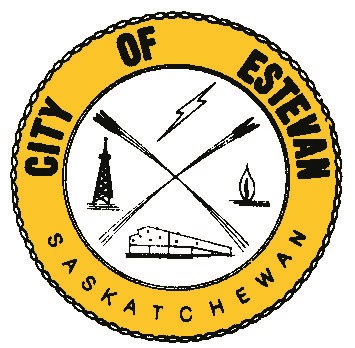Although the increase won't be as large as initially feared, property owners in Estevan will be paying higher taxes in 2011.
In a year-end interview with The Mercury, Mayor Gary St. Onge predicted that an increase of .75 of a mill is likely. He added the City may also increase water bills by five per cent.
Both figures are significantly lower than those that were С����Ƶ tossed around during budget deliberations in December. Before council began the process of trimming the budget, a tax increase of two mills and a water bill increase of 15 per cent would have been required to cover the projected costs for 2011.
St. Onge was quick to say that council was not interested in raising either rate by that much and that some tough decisions would be required.
With many of those decisions made, St. Onge expects council will set both the mill rate and water rates in the very near future.
"I think we should be able to decide what we are going to do with the water rates and the mill at the (Jan. 10 city council) meeting or the next one," said St. Onge who added that trimming the budget is a delicate balancing act for council.
Although the work and equipment is needed, they are loathe to increase taxes a significant amount in one year.
"We could easily go a couple of mills and go 25 per cent on the water and you would get everything done, but nobody wants to do that.
"What makes it a little easier is, I don't know if we have time to do all (the work) anyway. Now, some of the equipment, the people that work for us would always like to have better equipment so I think we have to pick and choose and replace some of it as we go along. We are looking very carefully at, for example, at an oil truck. That's $140,000."
News of the likely increase for Estevan comes hot on the heels of a recent press release from the Canadian Federation of Independent Business which called on all Saskatchewan municipalities to hold the line on property taxes in 2011.
The CFIB contends that because cities, towns and RMs are getting an increase in their municipal operating grants (MOG) from the provincial government a tax increase isn't necessary. The MOG, as it is called, is increasing to one full percentage point of the provincial sales tax.
With the increase, the CFIB estimates Saskatchewan cities will receive more than $101 million through the program - an increase of 113 per cent from the $47 million received in 2007.
Estevan will receive an increase of roughly $500,000 according to estimates.
"We are concerned some municipalities are already contemplating property tax hikes for 2011, despite receiving record revenue-sharing from the province," said Virginia Labbie, CFIB's policy analyst for Saskatchewan and Agri-Business.
"While many municipalities are just starting their 2011 budget deliberations, we are disappointed Saskatoon and Yorkton have already confirmed property tax hikes. Recently, Regina and Moose Jaw also proposed property tax increases of 4.13 per cent and 5.55 per cent respectively."
A recent CFIB survey found 83 per cent of Saskatchewan respondents said given this additional revenue, municipalities should avoid a property tax increase in 2011.
"There just isn't the appetite among small business owners to take another hit to their bottom line when the province has provided long-term, sustainable and predictable revenue sharing with municipalities," said Labbie.
"Small business owners work hard to live within their means and count on their city councils to do the same as they work to finalize their budgets in the new year."
When asked how municipalities should reduce spending, Saskatchewan small business owners favoured cities focusing on core municipal services, addressing the gap between municipal and private sector salaries and benefits, and contracting out city services.
The province has provided $103 million in education property tax savings in 2010 and has committed to an additional $53 million in tax savings in 2011.
"It's evident Saskatchewan business owners are concerned municipal property tax hikes will continue to erode savings from the education property tax relief delivered by the province," Labbie said. "Budgets are all about sending signals. Increasing property taxes will impact a small business owners' ability to be competitive and that is why we're urging Municipal leaders to use this additional revenue prudently and avoid a property tax hike in 2011."




